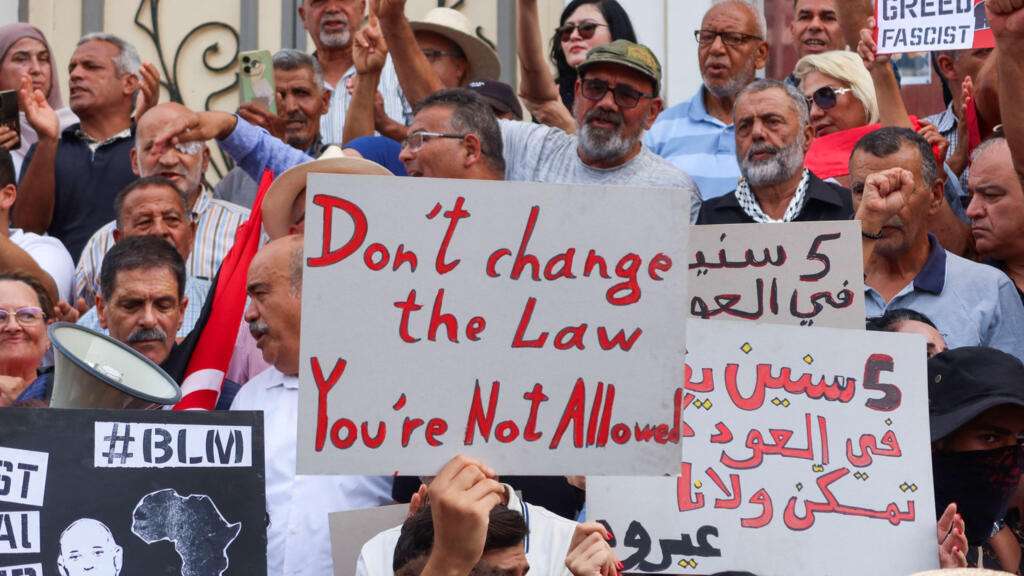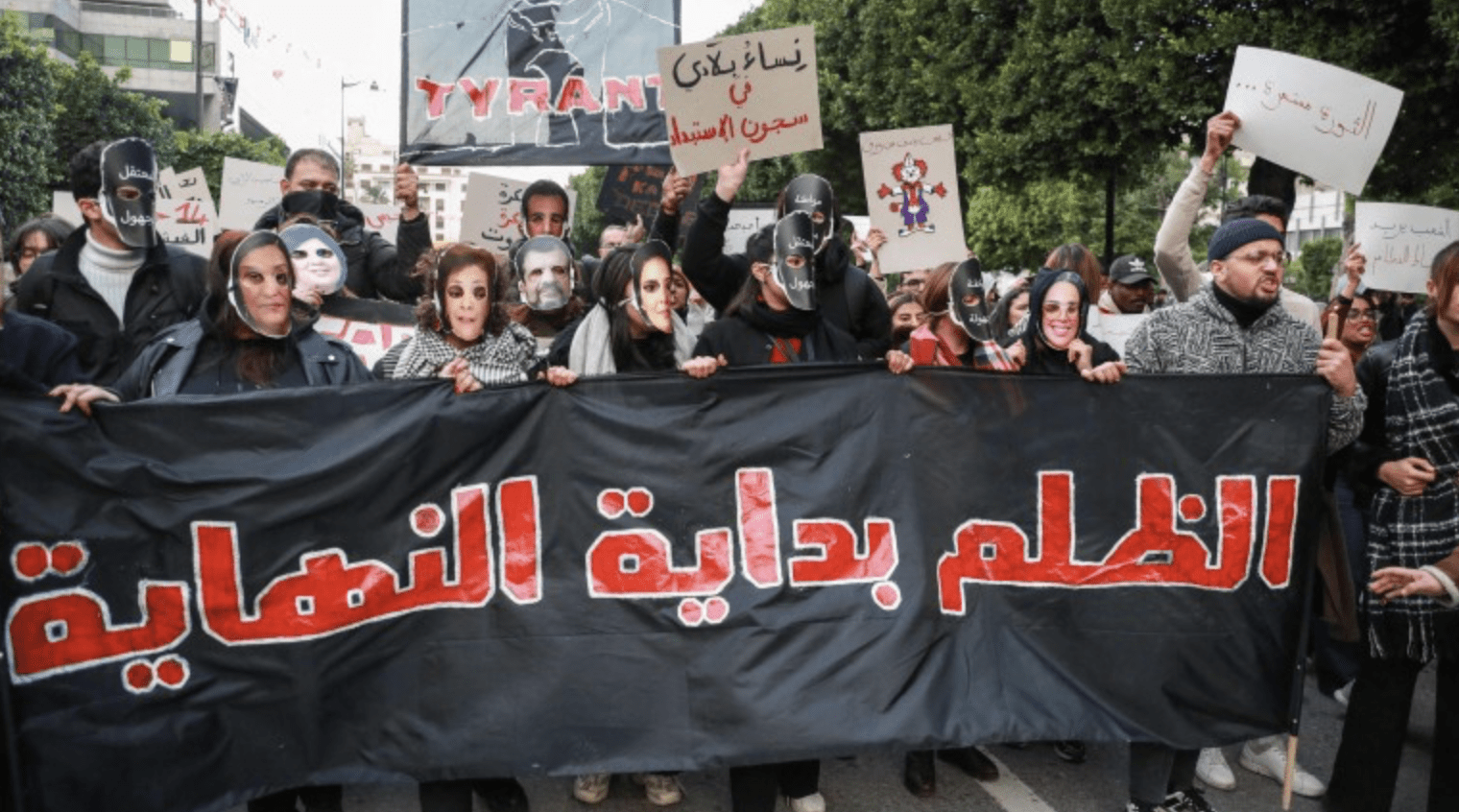Tunisia rights groups decry latest limiting of freedoms

Rights groups in Tunisia have condemned the dissolution of an authority advocating for access to information for citizens and journalists, according to the New Arab Plus agencies on August 26th.
The National Authority for Access to Information (INAI) was an independent body set up in 2016 in the aftermath of the Arab Spring in 2011, and it sought to safeguard rights to access information as Tunisia made strides in democratic governance.
However, the decision to dissolve this body, a decision denounced by many, has been decried as a setback for freedoms and reflects the deepening repression that Tunisians have felt under the governance of President Kaid Saied.
The Tunisian government revealed it had shut down the agency this month and reassigned its staff to other government roles.
Criticising the government’s tighter restrictions on information, the National Syndicate of Tunisian Journalists (SNJT) said the move was “made in secret”, perhaps demonstrating that recent protests have ensured the government is wary of pushback from citizens.
Zied Dabbar, head of SNJT, claimed “access to information is increasingly locked now.” He added, “We cannot speak of press freedom if there is no access to information. There will only be the official narrative, which will lead to propaganda.”
It is the latest development in a crackdown on journalistic freedoms, which has seen journalists and other dissidents jailed, particularly journalists voicing pro-Palestinian stances.
Recently, President Saied has applied pressure to the Tunisian General Labour Union, that have combated against Saied’s “police state”, which has evoked widespread opposition.
President Kaid Saied, who took over in 2019, has ostensibly ruled by decree since 2021, leading to democratic erosion and a decline in freedoms that had developed since the 2011 Arab Spring.
In 2022, a law was introduced that criminalised “spreading false news”, a law that has been used to imprison many journalists and activists, provoking widespread criticism from local and international organisations.
“It has become clear that the authorities want to lock all sources of information”, said Romdhane Ben Amor, head of the Tunisian Forum for Economic and Social Rights.
Seemingly, the trajectory of Saied’s government means that many more spaces that represent freedom could be under threat.
New Arab Plus agencies, Maghrebi.org
Want to chase the pulse of North Africa?
Subscribe to receive our FREE weekly PDF magazine














